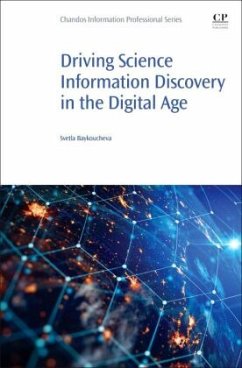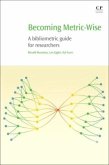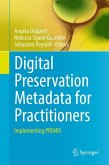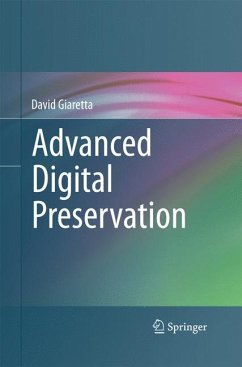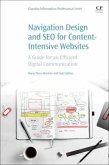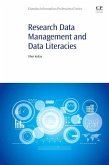New digital technologies have transformed how scientific information is created, disseminated-and discovered. The emergence of new forms of scientific publishing based on open science and open access have caused a major shift in scientific communication and a restructuring of the flow of information. Specialized indexing services and search engines are trying to get into information seekers' minds to understand what users are actually looking for when typing all these keywords or drawing chemical structures. Using artificial intelligence (AI), machine learning, and semantic indexing, these "discovery agents" are trying to anticipate users' information needs. In this highly competitive environment, authors should not sit and rely only on publishers, search engines, and indexing services to make their works visible. They need to communicate about their research and reach out to a larger audience. Driving Science Information Discovery in the Digital Age looks through the "eyes" of the main "players" in this "game" and examines the discovery of scientific information from three different, but intertwined, perspectives:
Discovering, managing, and using information (Information seeker perspective) Publishing, disseminating, and making information discoverable (Publisher perspective) Creating, spreading, and promoting information (Author perspective).
Discovering, managing, and using information (Information seeker perspective) Publishing, disseminating, and making information discoverable (Publisher perspective) Creating, spreading, and promoting information (Author perspective).

